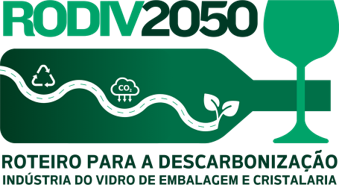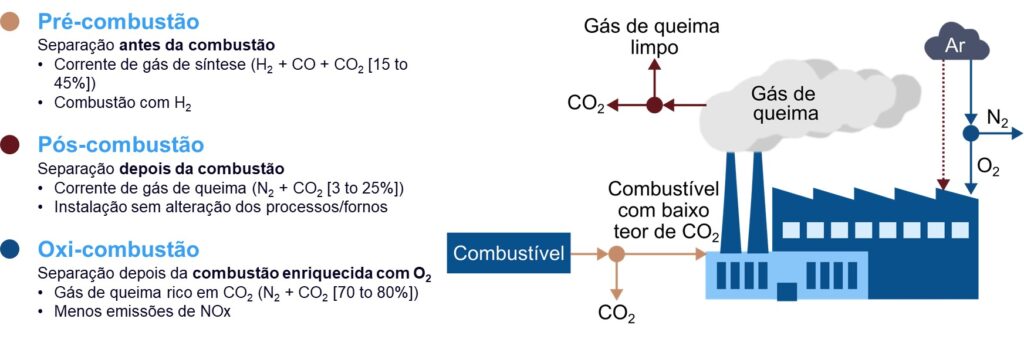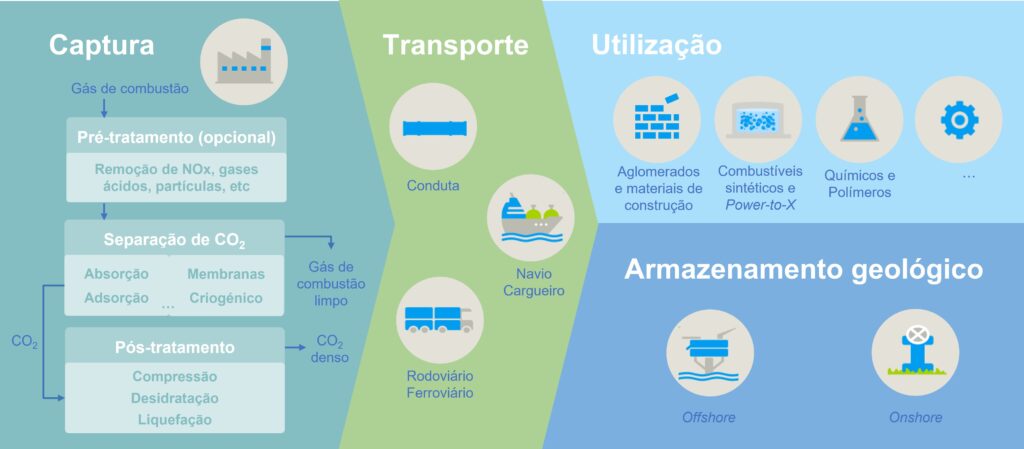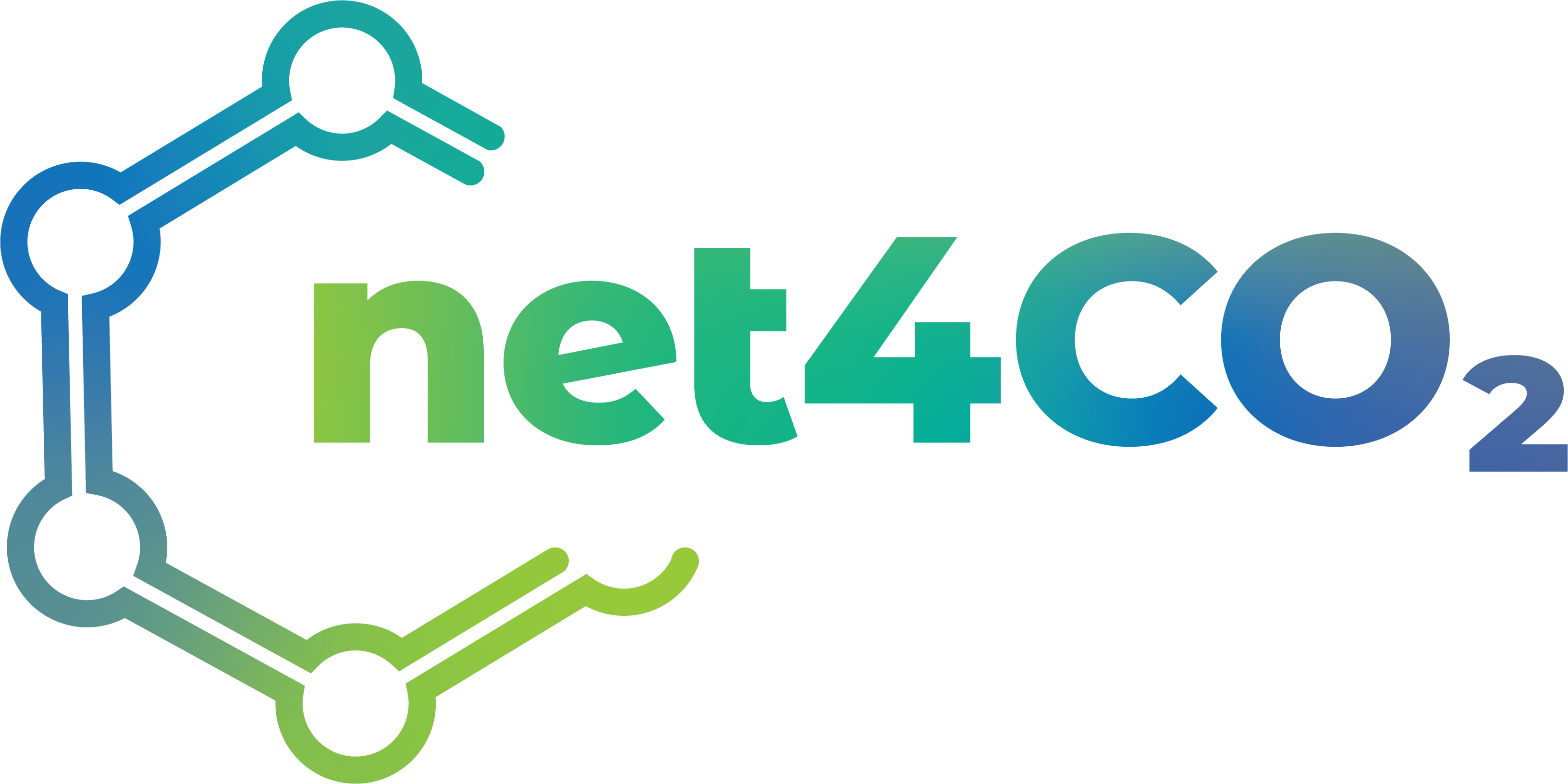“Lorem Ipsum is simply dummy text of the printing and typesetting industry. Lorem Ipsum has been the industry’s standard dummy text ever since the 1500s, when an unknown printer took a galley of type and scrambled it to make a type specimen book.”
xxxx | xxxx
Project Duration: 2024
Client
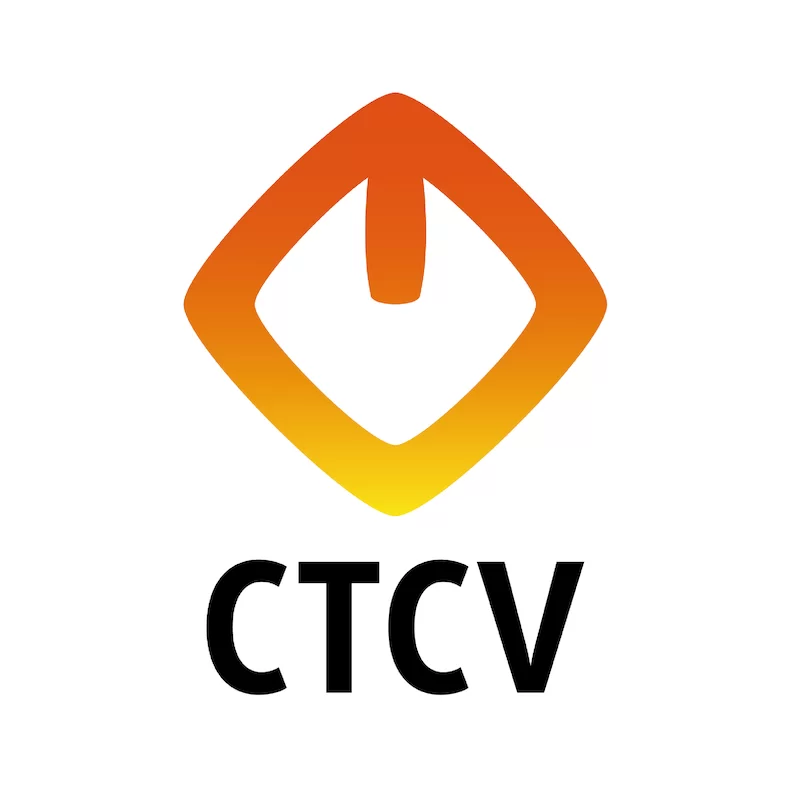
Project Description
Aligning with Portugal’s decarbonization strategy for the glass and crystal industry, NET4CO2 collaborated with CTCV on the RODIV2050 roadmap to identify the most impactful energy efficiency solutions and carbon capture and utilization (CCU) technologies for the sector. This initiative aims to drive the industry’s transition towards reduced carbon emissions, greater resource efficiency, and long-term sustainability, reinforcing its competitiveness in a low-carbon future.
Main Outcomes
•Introduction to Carbon Capture, Utilization, and Geological Storage (CCUS): Overview of CCUS principles, applications, and benefits in the context of industrial decarbonization for the glass industry including dedicated modules on the insights of the current status of CO₂ transport in Portugal, covering key costs, opportunities, and challenges, and geological storage projects.
•Analysis of Carbon Capture and Utilization Technologies: Detailed comparison of various carbon capture and utilization techniques, including key performance indicators (KPIs), advantages, and limitations. The study also examines the CO₂ concentration ranges where each technology is applicable, comparing them with typical CO₂ concentrations of the glass industry.
•Review of Policy and Financial Frameworks: Assessment of the current EU-ETS policy framework, identifying cases where ETS credits are required and where exemptions apply. Additionally, the study maps out the main financial support mechanisms available to help companies adopt CCUS solutions and accelerate their decarbonization efforts.
